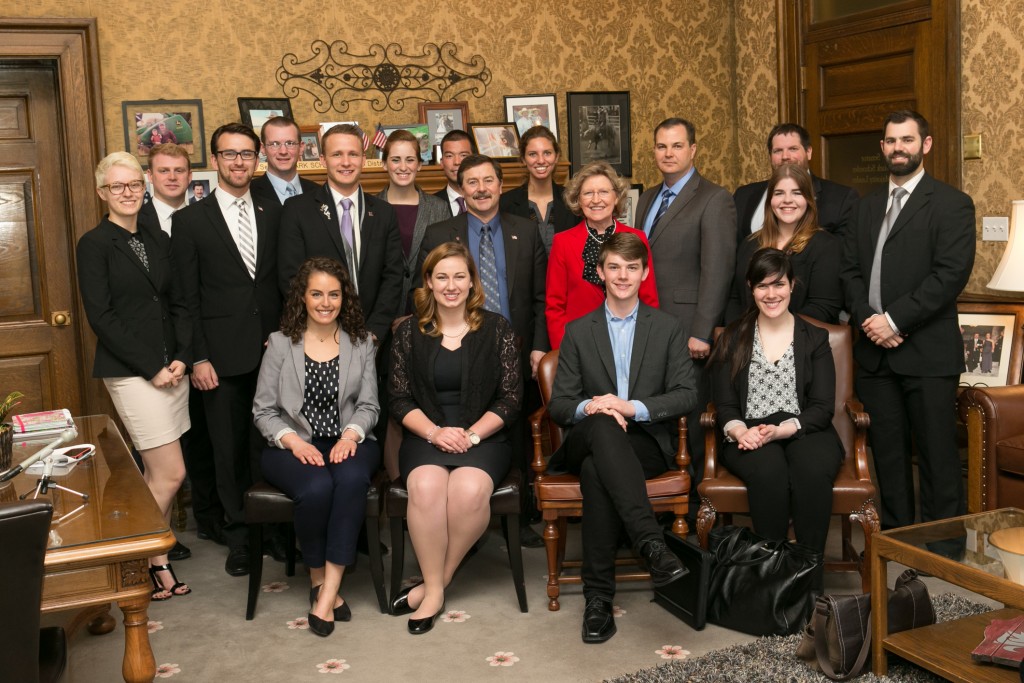Budget leaders from the Washington State Senate and House of Representatives today announced they have reached agreement on an update of the state’s current two-year operating budget. Work on a supplement to the 2015-17 budget has been under way since the 2016 regular legislative session gave way to a special session March 10. The updated spending plan includes adjustments that will pay for the costs of fighting the 2015 wildfires and increased funding for mental health care, while complying with the state’s four-year balanced-budget requirement.
“Last year we found broad bipartisan agreement on a sustainable two-year budget that made historic investments in K-12 education and reduced college tuition, while living within the means provided by taxpayers,” said Sen. John Braun, R-Centralia, who serves as vice chair of the Senate Ways and Means Committee and is a lead budget negotiator. “This year’s budget update builds upon those investments and addresses the needs of Washington residents, including significant improvements in mental health treatment and care for some of our most vulnerable citizens.”
Lawmakers are expected to vote on the bipartisan agreement Tuesday.
“Every legislative session is an opportunity to do something to improve the lives of Washington’s seven million residents,” said Rep. Hans Dunshee, D-Snohomish, chair of the House Appropriations Committee. “It took a little longer than I had hoped, but this budget was worth the wait. The Legislature will make key investments that address the teacher shortage crisis, improve mental health services, reduce homelessness, and improve the lives of foster kids. It’s not everything we wanted, of course, but that’s the reality of a divided government. The only path forward is through compromise and that’s what we’ve done with this budget agreement.”
Final budget details will be available online at leap.leg.wa.gov by Tuesday morning.














 Olympia Update
Olympia Update
 Survey Results
Survey Results





